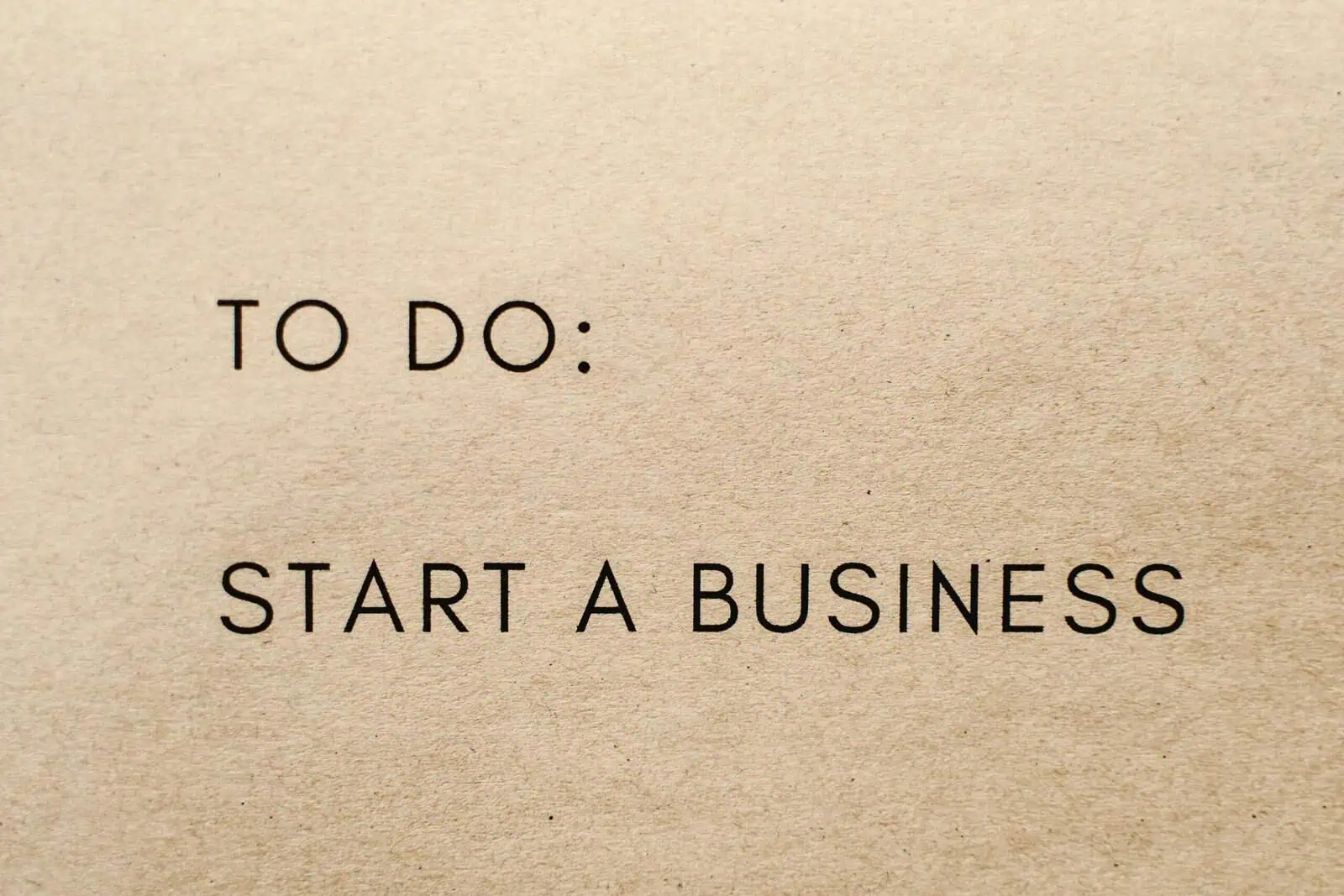More women are starting businesses than ever before. For the first time we’re setting up at a faster rate than men are. If you’re inspired by the women around you taking the plunge, you may be wondering where on earth to start?
Ask
The obvious place is to talk to those businesswomen (or men). Business can be lonely for everyone and most of us will jump at the chance to talk about what we do to someone who’s interested. Make the most of local connections and networks, get out there and ask others how they got started and their advice for the specific challenges you are trying to work out.
Engage
The sooner you get to really know your potential customers, the better. Get their feedback on your products or service as soon as possible and adapt until they are thrilled and keen to come back for more. Remember that without customers you do not have a business.
Network
Network with customers, other like-minded businesses, suppliers and competitors. Developing a network can help increase your customer base, as well as widen your reach. More people will know who you are, and what you do.
Try a few business or professional networks until you find the ones that are right for you and your business. (Don’t pay membership fees until you’re sure, good networks will allow a trial visit).
Face-to-face networking is still more powerful for most businesses, though social media is an important complement. One successful businesswoman I know, who can’t often travel to events, makes contacts through social media and then follows up to organise Zoom calls or face-to-face meetings.
Plan
It seems obvious, and yet it is one of the most common failings of anyone starting fresh in the business world. You might have an idea about what you want to do, but do you know how you’re going to achieve it? Writing and creating a business plan can help you focus your ideas, and setting them down on paper can help you work through the potential risks of what you want to do.
Budget
Work out your start-up costs, running costs and expected income for the first 1-3 years. How much will you need to spend before you start earning or break even? All of this is essential to the running of a business and not planning this, or knowing costs ahead of time can cause you tricky financial problems in the long run. It’s best to know all of this now, than face potential bankruptcy in the future. Totally Money’s ‘Cheapest Ways to Borrow’ tool can help you when you are first starting out by working out the cheapest method to borrow based on how long you need to pay money off, and how much you might need to borrow.
Work
Tempting as it may seem, don’t dump everything you learned in the workplace when you go it alone. By all means leave behind the unpleasant commute, office gossip and the organisational chart. But hold on to the things that delivered the goods: discipline, processes, professional presentation. Those things matter as much, if not more, in small businesses as they do in large.
Getting started with your business is never easy, but most self-employed people agree that the rewards are well worth it. There is little to beat the feeling of being in control of the work you do. Taking time now to plan and put in place those first steps will help you get off to a stronger start.

